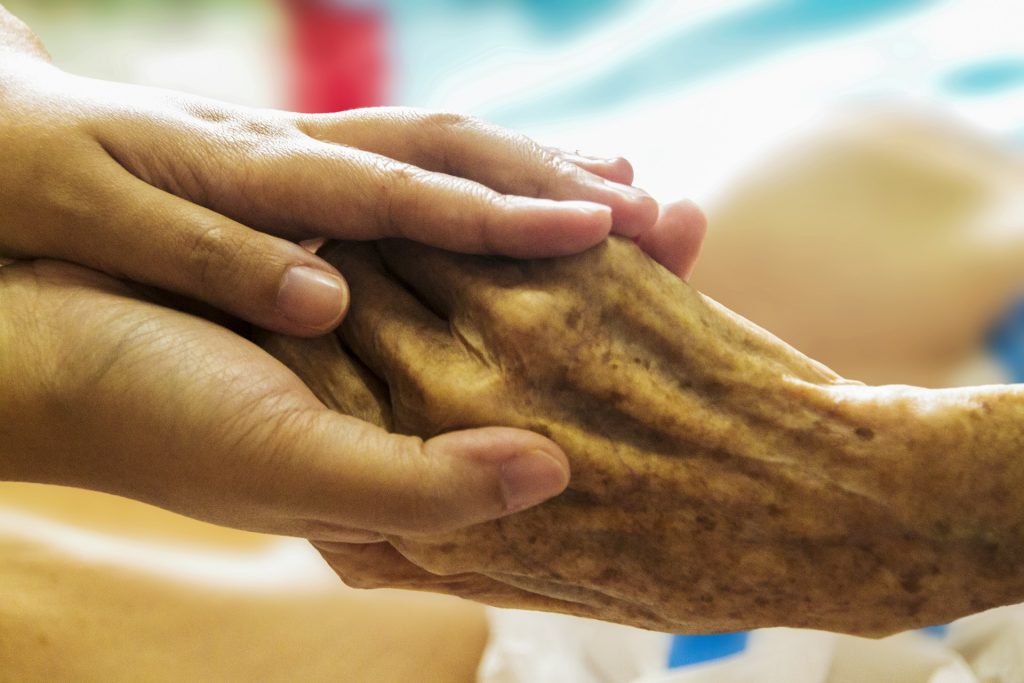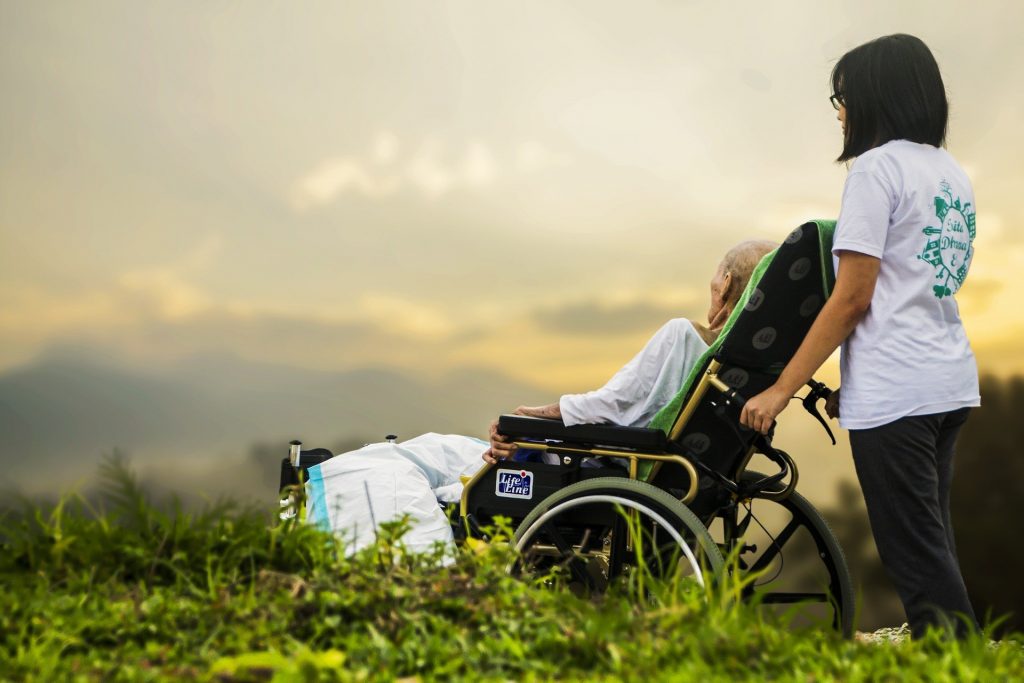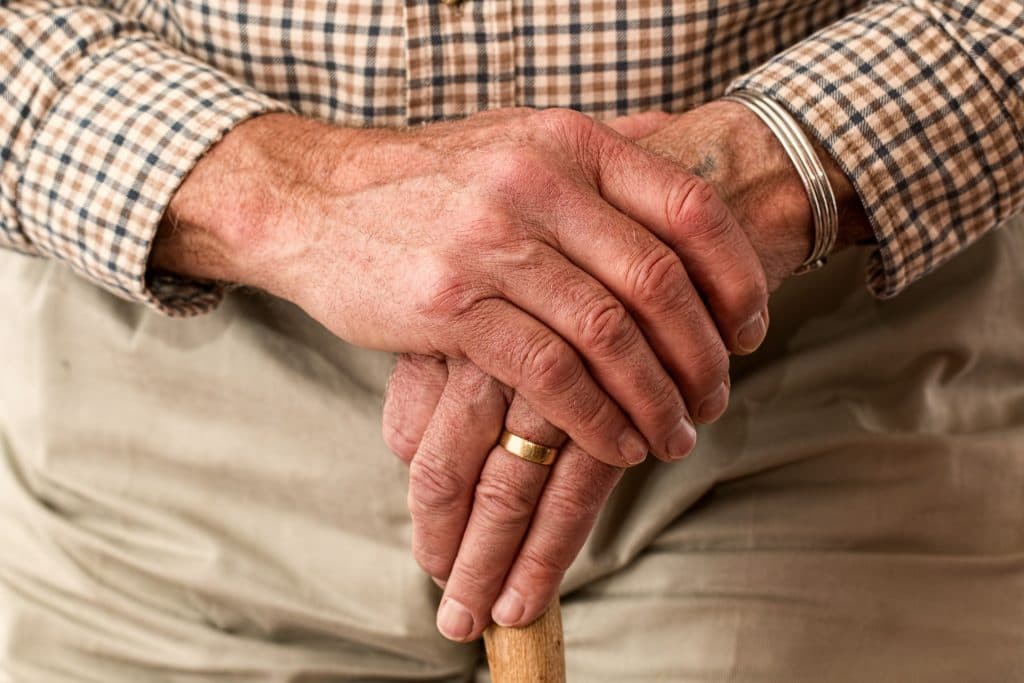When is hospice recommended?
Hospice care is a valuable resource for people who are living with life-limiting illnesses. When no longer able to be cured, hospice can provide patients and their families comfort during the process of dying by providing resources like pain relief or emotional support from trained professionals.

Let’s say for example that someone has cancer and it’s in the final stages. Hospitals and medications will simply not work at that moment. When the doctors have determined that you have 6 months or less to live, hospice care should be called in.
Staying at home might be disturbing for the family members as they watch helplessly as their loved ones battle with the disease. At such a juncture, hospice care in a facility is recommended. If you wish to spend the last moments with family and they are comfortable with it, you can call in home hospice care.
At the hospice, the patient will receive the best care ever while at the same time not feeling as though they are a burden to their family members. The family will be allowed visitation hours so that they can bond with the patient and have them pass on their last wishes in a serene environment.
Hospices offer many services designed specifically for those nearing death that you may not know about including counseling sessions, spiritual guidance in addition to medical treatment options such as medications and treatments meant solely at managing symptoms instead of curing specific diseases.
- What is hospice care and how does it work?
Hospice care is a special service that provides medical, emotional and spiritual support for the person dying. A team of people including nurses, doctors as well as trained volunteers come together to provide this support.
- What are the benefits of hospice care?
There are many advantages to hospice care, including the following: preparing for eventual death and grief of family members, hope and pastoral care (no matter what religion you ascribe to), proper nutrition, exercise social integration; hygiene with unconditional love. Counseling is also an important part of this type of care because it helps people cope with their illness in a new way.
Hospice also helps you manage pain in a dignified way.
- How to find a good hospice provider for your loved one?
You may have noticed lately that many people are living longer. More and more of us live well into our 80s, 90s, or even 100 years old! There’s no need to be afraid though – we’re all learning how to take good care of ourselves as we get older with new diet plans and exercise routines.
Hospices offer excellent palliative end-of-life caregiver services for those who want them; however it is important not only finding one but also determining whether they will provide what you require in your final days by asking questions such as “What kind of visitors am I allowed?”
You can find a hospice care provider near you through the following steps:
-Asking medical workers in your area about hospice care providers nearby
–A simple Google search could help you out
–Asking with the ministry of health in your area
–Joining palliative patients support groups and enquiring where they get their hospice care.
- Why is there an increase in the number of people using hospice services today as opposed to years ago?
It seems that more and more people are turning to hospice services today, as opposed to years ago. It used be a thing of the past for many when they were at their last days on earth but now it appears hospitals have become places where one would go in order to receive care until death instead of treatment which is often accompanied by life-saving considerations.

The reason why this may occur could stem from several factors: including better medical technology options such as drugs or therapies; greater access due to advances in transportation like car travel
- What are some misconceptions about hospices that may be keeping you from considering this option for your loved one’s end-of-life needs?
Hospices are not just for the elderly. There is a misconception that hospice care only belongs to people in their last days of life, but this can be misleading! Hospice provides comfort and support around the clock- they aren’t limited by hours as much traditional nursing homes!
The misconceptions about hospices may be keeping you from considering it an option for your loved one’s end-of-life needs – when really there are many benefits associated with choosing this route.
- Is hospice for the dying only?
Hospice is not only for the dying. The term “hospice” means care and support to those who are in need of help with life-limiting illness, such as cancer or a chronic condition like congestive heart failure.
- What is hospice care at home?
Hospice care at home is a lot like receiving hospice care in the hospital, but instead of being admitted to a hospital you would remain living at home with your own comfort and environment.
Hospice services would be available to you as needed – whether it’s making sure your prescriptions are filled or providing pain management tests. With this option, the focus is on helping maintain your dignity, safety, quality of life and promoting for friendships and meaningful interactions throughout the end-of-life process.
Hospice care at home tends to be comfortable since you are in your element. You have all the time for friends and family members to chat and talk about what is going on in the family. You are not limited to visitation hours.
Hospice care at home is the best option when there seems to be no hospice available for you or when you want to spend your end-of-life moments with family and friends.

- Can you survive hospice?
I will answer this question by first pointing out that there was a patient who stayed at our hospice for 3 years. He had been diagnosed with cancer and it was recommended that he be taken to a hospice since chemotherapy or radiotherapy would not help him out.
Well, it was astonishing to see him three years later. We just gave him pain meds, cleaning him up, regular visitation by family members and counselling. We just had to discharge him to go home since he was doing alright.







